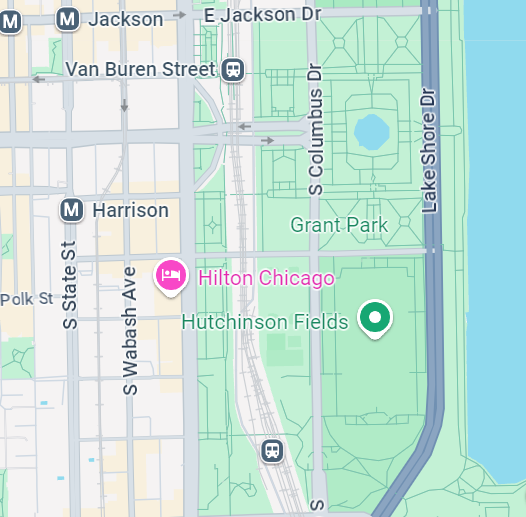ACRM Pediatric Cognitive Rehabilitation Training

This course is designed for all brain injury rehabilitation professionals and school professionals working with children age 0-25 who have acquired brain injury.
WHEN
27 OCT 2025
WHERE
Hilton Chicago
720 S Michigan Ave,
Chicago, IL 60605

20% Off *
ALL ACRM Cognitive Rehabilitation Training Products
MANUAL & TEXTBOOK · ONLINE COURSE · IN-PERSON TRAINING
ENDS 31 JAN EXTENDED to 28 FEB midnight
*Applies to new registrations only for the ACRM Cognitive Rehabilitation Training and the ACRM Pediatric Cognitive Rehabilitation Training whether purchased a la carte or purchased through the WORLD PASS. May not be combined with other offers, including special pricing status categories or presenter pricing. Offer not applicable to speakers, instructional course authors, or previous purchases (who already receive the lowest rates).
COURSE DESCRIPTION
Children with brain injury are not simply “little adults” with brain injury. Their clinical presentation, and the evidence-based methods to help them, are inextricably intertwined with brain development and the need to understand how to help the educational system support them in their development and transition to adult life. Training will include evidence-based interventions for cognitive rehabilitation needed by clinicians/educators in order to provide optimum support for children, adolescents, and young adults who have sustained either traumatic or non-traumatic brain injury.
ACRM’s Pediatric Cognitive Rehabilitation Training Course provides such an opportunity by presenting evidence-based standards and guidelines for clinical practice and translating them into step-by-step procedures for use by clinicians. The interventions described can be readily used by occupational therapists, speech and language therapists, psychologists, and other rehabilitation and school professionals. The course includes practical guidelines on working with families and school systems.
REGISTRATION INCLUDES
- ONE DAY of in-person training with some of the authors of the MANUAL & TEXTBOOK.
- Access to the presenter slides.
- MANUAL & TEXTBOOK: One copy of the e-book: ACRM Cognitive Rehabilitation Manual & Textbook SECOND EDITION ($295 value)
- One year of access to the robust companion website with dozens of worksheets
- ONLINE COURSE: Six months access to previously recorded Pediatric Cognitive Rehabilitation Training ($320 value) audio with slides.
- CME/CEUs and processing: 5.5 hours of continuing education available in your choice of 5 disciplines
LEARNING OBJECTIVES
- Understand the interaction between age at injury and developmental stages of brain development
- Describe techniques for improving attention and the steps involved in carrying out interventions for external memory strategies in children with brain injury
- Describe common evidence-based visual and motor interventions used in children with brain injury
- Describe specific strategies for structuring interventions for awareness, executive functioning and behavioral/emotional self-regulation
- Discuss a framework for interacting with schools and families to develop interventions to improve student’s ability to learn, be successful in school, and transition to adult roles goals, planning treatment, and monitoring of treatment progress
- Demonstrate knowledge of the evidence-based cognitive rehabilitation practice recommendations and the evidence strength supporting them
- Describe techniques for treating impairments of attention, memory, executive functioning, social communication, and visuospatial and praxic skills
- Describe the benefits and precautions associated with group treatment, as well as general group approaches to impairments of memory, executive functioning, and social communication.
*Although significant changes are not anticipated, the schedules, sessions, and presenters posted on this website are subject to change.

